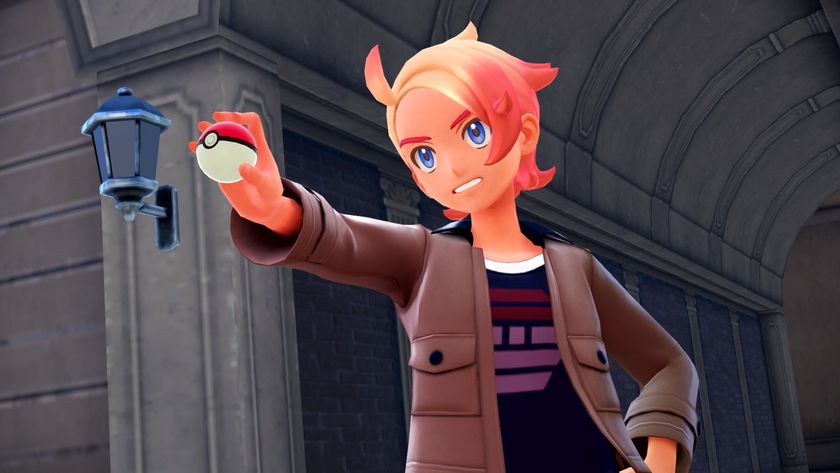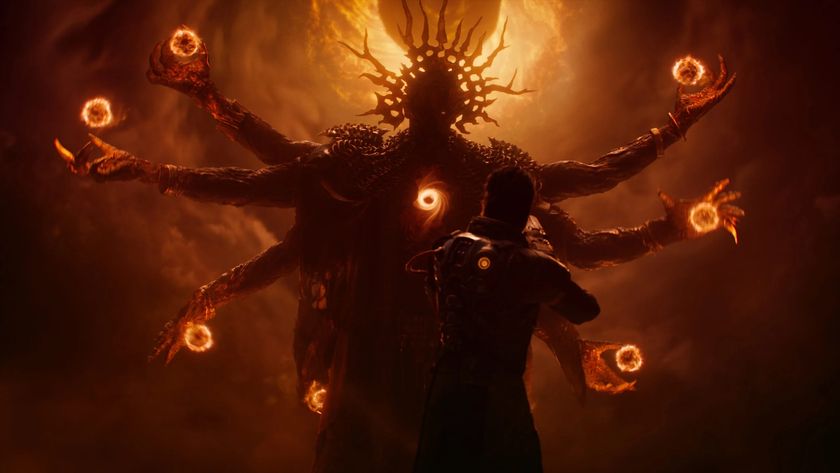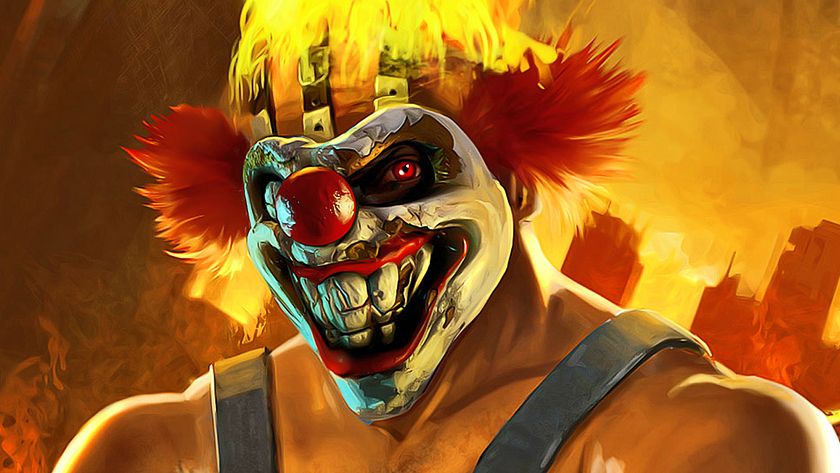Video Games Ratings Enforcement Act rises again
Bill would force retailers to check ID for purchase of M-rated games. Let's hope it passes
It’s time for gamers to stop whining over the hysterical propaganda that legislators use to promote their bills (and themselves) and start asking: What’s wrong with keeping M-rated games out of the hands of minors?
Representatives Lee Terry (R-NE) and Jim Matheson (D-UT) have exhumed the corpse of a bill called theVideo Games Ratings Enforcement Act- first introduced in 2006 - into the House of Representatives that would require retailers to check identification when selling M-rated games, and fine them $5,000 if they get busted selling M-rated games to the little ones.

Above: Even political suck-ups can have good ideas
Predictably, gamers cum constitutional scholars are up in arms, outraged at this assault on the United States Constitution. But it’s time to rethink the opposition to bills like these. Yes, they’ve been challenged one after another in court and all failed, but that’s because previous bills have attempted to define the contours of what is and is not acceptable content for minors to view, and none of these attempts have passed muster with the courts.
This bill, on the other hand, doesn’t attempt to make any such definition; in fact, it merely endorses the validity of theESRB’s ownindustry-accepted rating system, and asks retailers to take some responsibility in order to make sure that M-rated games aren’t made available to children.
The Entertainment Software Association hascome out swinging against the bill, claiming that “empowering parents, not enacting unconstitutional legislation, is the best way to control the games children play.” The ESA does not say why it believes this bill to be unconstitutional, or even why it might be bad legislation, other than it has the potential to cut into sales.
Let’s get one thing straight: The bill does not make it a crime for a 15 year-old to play Grand Theft Auto IV. It merely insists that retailers make a reasonable effort to keep her from buying it, just as they would prevent her from buying an issue of Hustler, if she was into that sort of thing. If Hortense feels like slithering around in a ghillie suit in Call of Duty 4, she can ask her Dad to buy it for her. And the fact that he has to buy the game for her might give him pause; it trips a kind of mental alarm that a pathetically abstract rating (“Titles rated Mature have content that may be suitable for persons 17 years and older”) does not. He’ll take a closer look at the game and make an informed decision based on the ESRB rating.
Ican hear it already: “But parents just need to pay more attention to what their kids are playing!” Yes, in a perfect world, parents would be able to watch over their children’s shoulder laughing and smiling and pouring milk throughout all 30+ hours of a typical game. But in a perfect world,publisherswouldn’t want to profit from the sale of games to minors that are intended for adults and wouldn’t laugh themselves all the way to the bank whenevercontroversy eruptsandinsane lawyers,craven politicians,anything-for-ratings television news programsand the sucker gaming press does their PR work for them.
Sign up to the 12DOVE Newsletter
Weekly digests, tales from the communities you love, and more
Most Popular






